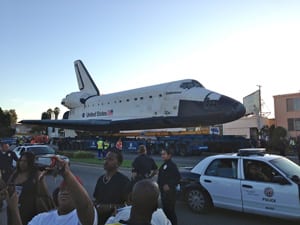Scientists, MPs, and NASA directors flock to Parliament to discuss planetary science’s impact on society
By news editor, on 12 September 2013
Written by Katrine Iversen, a current student at UCL and a European Planetary Science Congress science communication intern.
It’s packed in Parliamentary Committee Room 11 as the first Policy Meeting of the European Planetary Science Congress (EPSC) is due to begin in Parliament.
As a part of the EPSC, currently being held at UCL, people flocking to the meeting include MPs, NASA directors and scientists from all over the world, looking to discuss the importance of planetary science to society and how to ensure further growth and development within the field.
The meeting, which took place on Monday 9 September, was a huge success. Two members of the Parliamentary & Scientific Committee, Andrew Miller (MP for Ellesmere Port and Leston) and Dr Phillip Lee (MP for Bracknell), chaired the meeting while other MPs sent researchers to report back.
 Close
Close





